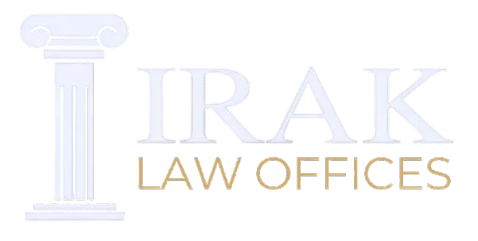Starting a new business is an exciting milestone, but it can also open the door to a flood of unsolicited and potentially fraudulent mail. Scam mail, whether physical or digital, can confuse business owners by mimicking legitimate correspondence with legal jargon and official-looking letterheads. Scammers exploit new business owners, preying on their inexperience. Knowing how to identify and avoid these scams is essential for protecting your personal and business information.
Let’s explore how to spot scam mail, highlight common schemes targeting business owners, and share tips for verifying the authenticity of business-related mail.
Common Scams Targeting Business Owners
1. Fake Government Notices
Scammers send mail claiming to be from official entities like the IRS, state business registries, or labor departments. These notices often demand immediate payment for supposed fees, penalties, or registrations.
Example:
A letter might claim you need to pay a “Certificate of Status Fee” or file annual reports through their service, mimicking the actual process handled by the state’s Secretary of State.
2. Domain Renewal Scams
If you’ve purchased a domain for your business, you may receive mail or emails urging you to renew your domain immediately. These often come from third-party companies, not your actual domain registrar, and charge inflated fees.
3. Directory Listing Scams
These scams offer to list your business in an online directory, often for an exorbitant fee. These directories provide no value to your business.
4. Business Loan or Grant Offers
Unsolicited offers for loans, grants, or funding are red flags. Scammers may request upfront fees or sensitive financial details under the guise of processing applications.
5. Tax-Related Phishing Emails
Emails purporting to the IRS or other tax authorities that link fake websites designed to steal your information are common.
How to Spot Scam Mail
1. Look for Red Flags
- Urgent Language: Phrases like “Immediate Action Required” or “Failure to Respond Will Result in Penalties” are designed to pressure you.
- Unfamiliar Sender: Scammers often use generic names or mimic legitimate organizations but may include misspelling or odd formatting.
- Request for Payment or Personal Information: Legitimate agencies rarely demand immediate payment or sensitive details via email, unsolicited mail, or by phone.
2. Verify Contact Information
- Check the sender’s phone number, email address, and website. Official agencies and reputable companies typically have contact details that are easy to verify online.
- Be wary of email addresses from free domains like Gmail, Yahoo, or Hotmail for official correspondence.
3. Examine Document Details
- Look for typos, grammatical errors, and unprofessional design elements.
- Compare the correspondence to official documents you’ve received before or reference the agency’s official website.
4. Understand Legitimate Legal Processes
- Government agencies generally communicate through secure, identifiable methods and won’t ask for sensitive information via email.
- Domain registrars and other service providers typically notify you about renewals well in advance with clear instructions.
Tips for Verifying the Authenticity of Mail
- Cross-Check with Official Sources
- If the mail claims to be from a government agency, visit the agency’s website and check for matching information or contact them directly.
- For domain-related communications, log into your registrar account and confirm renewal notices.
- Avoid Clicking Links in Emails
- Instead of clicking links, type the organization’s website URL directly into your browser.
- Call a Trusted Advisor
- If you’re uncertain about a piece of mail, contact the Irak Law Office or consult another trusted advisor for guidance.
- Use Online Tools
- Many scams are documented online. A quick search of the letter’s key phrases, sender name, or email address can often reveal its fraudulent nature.
What to Do If You Suspect a Scam
- Do Not Respond
- Ignore unsolicited requests for payment or sensitive information.
- Report the Scam
- Report phishing emails to [email protected] if IRS-related or to your local consumer protection agency.
- Shred Physical Mail
- Destroy suspicious physical mail to prevent it from being used maliciously.
Protecting Your Business: A Final Word
By understanding common scams, being vigilant about identifying red flags, and taking steps to verify authenticity, you can safeguard your personal and business information. If you ever have doubts, contact the Irak Law Office or consult another trusted advisor for guidance. We’re here to help you navigate the complexities of running a business with confidence.




